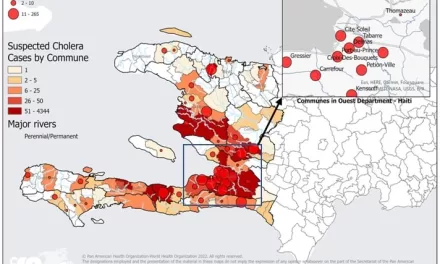A concerted effort to curb the overuse of proton pump inhibitors (PPIs), a common class of heartburn medications, has shown significant promise in reducing unnecessary prescriptions. However, a recent study published in the BMJ reveals both the potential benefits and unintended consequences of this massive deprescribing initiative.
Led by a multi-institutional team including researchers from the University of Michigan, the University of Pennsylvania, and the Yale School of Medicine, the study focused on the impact of an intervention within the Veterans Health Administration system’s VISN 17 region. This initiative, involving approximately a quarter of a million patients, aimed to reduce the prescription size and refills of PPIs for patients without a documented medical need, while providing education on alternative treatments.
The findings of the study showcased a significant reduction in PPI prescriptions, with a nearly 30% decrease compared to other regions within the VA system. However, this reduction inadvertently affected veterans who actually required PPIs to prevent gastrointestinal bleeding due to other medications with high risks.
Dr. Jacob Kurlander, the study’s first author and a gastroenterologist at Michigan Medicine, emphasized the involuntary nature of the intervention, which prevented automatic refills for patients without a clear indication for PPIs. While the initiative successfully targeted unnecessary prescriptions, it also impacted patients who genuinely benefited from PPIs for preventing gastrointestinal bleeding.
Moreover, despite concerns about potential risks associated with PPI use, such as kidney disease or cardiovascular events, the study found no significant reduction in these outcomes within the VISN 17 region compared to others. This suggests that while PPIs may indicate patients at risk for certain adverse events, they may not be the direct cause.
The study underscores the importance of careful deprescribing efforts to ensure patients who require medications for valid medical reasons do not inadvertently discontinue them. Dr. Kurlander also highlighted the need for providers to be vigilant in identifying patients who genuinely benefit from PPIs.
Before the deprescribing program, approximately 26% of veterans across the country received PPI prescriptions, compared to only 15% within the VISN 17 region by the end of the study period. While this represented a significant reduction, the study found no disparities in healthcare visits or adverse events between the VISN 17 region and others.
The study’s extensive scope, including the linkage of veterans’ VA records with Medicare data and analysis of causes of cardiovascular-related deaths, strengthens its findings. Funded by the Department of Veterans Affairs Health Services Research and Development Service, this research sheds light on the complexities of deprescribing efforts and their implications for patient care and safety.
As healthcare systems continue to grapple with optimizing medication use and reducing unnecessary prescriptions, studies like this provide valuable insights into the challenges and potential benefits of deprescribing initiatives.











